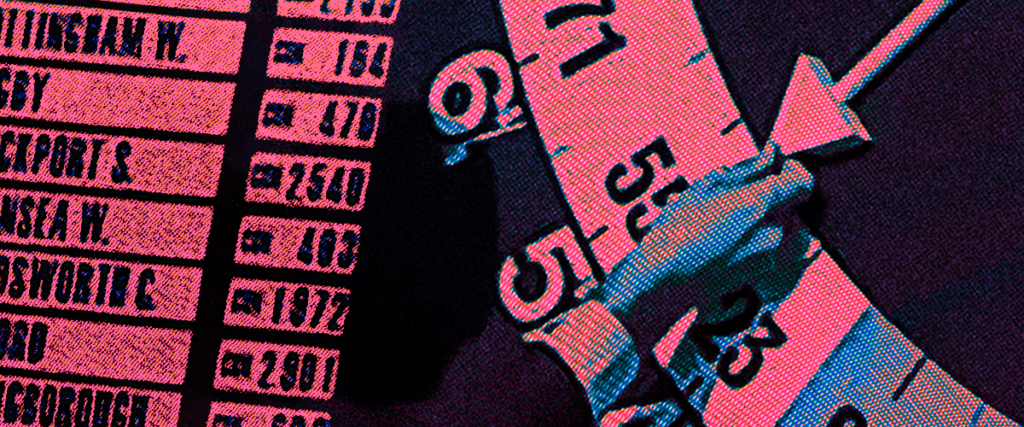
Data and Democracy
Joint Letter: Henry VIII powers in Data Use and Access Bill could undermine election integrity
To Sir Chris Bryant MP, Minister of State at the Department for Science, Innovation and Technology
To Rt Hon Angela Rayner MP Secretary of State for Housing, Communities and Local Government and Deputy Prime Minister
As organisations and individuals concerned with health functioning of democracy, we welcomed the commitment in the Kings Speech to “strengthen the integrity of elections”. We are therefore writing to alert you to the potential for abuse of new powers in the Data Use and Access Bill to remove constraints on the way that political parties use data, and urge you to ensure amendments to prevent such abuse.
Clauses 70(4) and 71(5)1 give the Secretary of State discretion to determine and vary the conditions under which personal data can be processed. We note the 3rd Report of the House of Lords Constitution Committee stated that they “are not satisfied that the case has been sufficiently made to entrust the powers in these clauses to secondary legislation.”2
The new Henry VIII powers would allow any future government to change the rules with minimal parliamentary oversight. Such changes could be timed to advantage the governing party of the day, for example by allowing practices it was ready to deploy, while other parties were not.
They could also be passed in such a manner that there was little or no time for the ICO or Electoral Commission to issue guidance to Political Parties on any new ‘legitimate interest’ basis for a political party to process voter data for election purposes. This would undermine the integrity of elections.
The use of data by parties is very difficult to enforce. The ICO has struggled to be critical or enforce against practices except in extreme circumstances, precisely because it needs a close relationship with political parties3. Moreover, political parties have limited resources, but live in a high stakes environment; they are under pressure do whatever they can do win elections. This can lead, as Open Rights Group recently found, to poor security and to unethical profiling and data mining of voters, unethical attempts to obtain commercial data sets, as well as questionable use of online advertising techniques.4
Any future government will be under internal party pressure to loosen the rules on use of personal data, in order to further any advantage they may have. The powers in the bill give those future governments the means to do so, and to time these changes in such a way that other parties cannot respond. The Bill increases the likelihood of looser rules, undermining democratic trust, by making trivially easy for a government to rewrite them to their short term advantage.
We hope we can work with you to amend the law to ensure how parties process political data can’t be changed with a statutory instrument.
Signed by
Unlock Democracy
Fair Vote UK
Big Brother Watch
Keep Our NHS Public
Open Rights Group
Privacy International
Good Law Project
Prof Vian Bakir,
Professor of Journalism & Political Communication, Bangor University
Prof Angela Daly, Professor of Law and Technology, University of Dundee
Prof Charlotte Heath-Kelly, Professor of Politics and International Studies, University of Warwick
1 https://publications.parliament.uk/pa/bills/cbill/59-01/0179/240179.pdf
2 https://publications.parliament.uk/pa/ld5901/ldselect/ldconst/40/40.pdf paragraph 13
3 https://ico.org.uk/media/action-weve-taken/2259371/investigation-into-data-analytics-for-political-purposes-update.pdf
4 Moral Hazard: Voter Data Privacy and Politics in Election Canvassing Apps, (January 2025) Open Rights Group https://www.openrightsgroup.org/publications/moral-hazard-voter-data-privacy-and-politics-in-election-canvassing-apps/
Briefing: Henry VIII powers threaten democracy and UK adequacy
Read ORG’s briefing on executive powers in the Data Use and Access Bill.
Find out more
